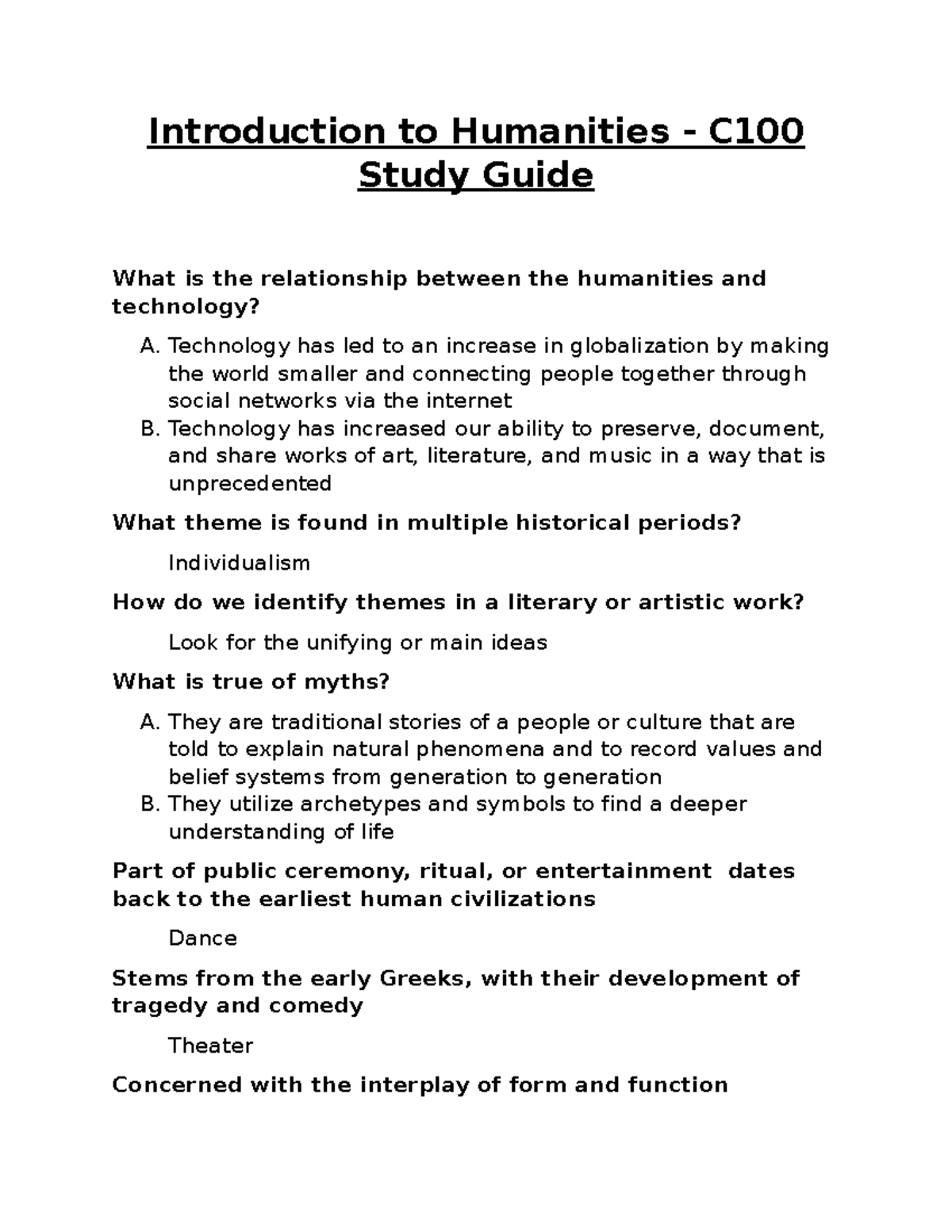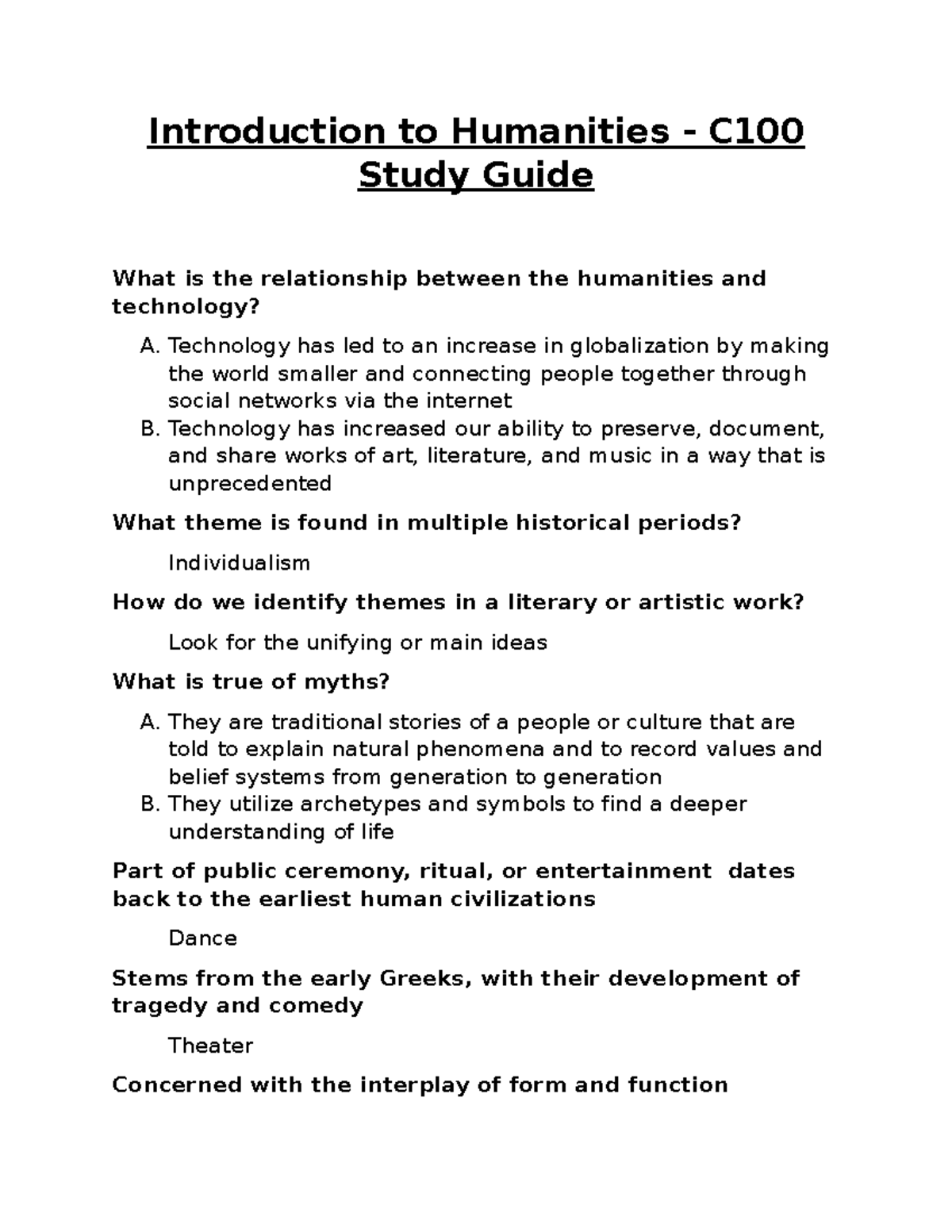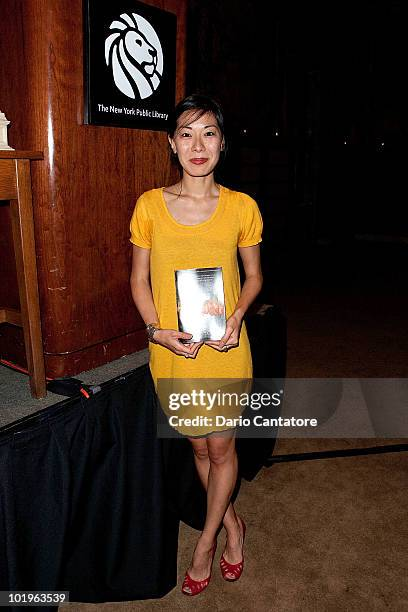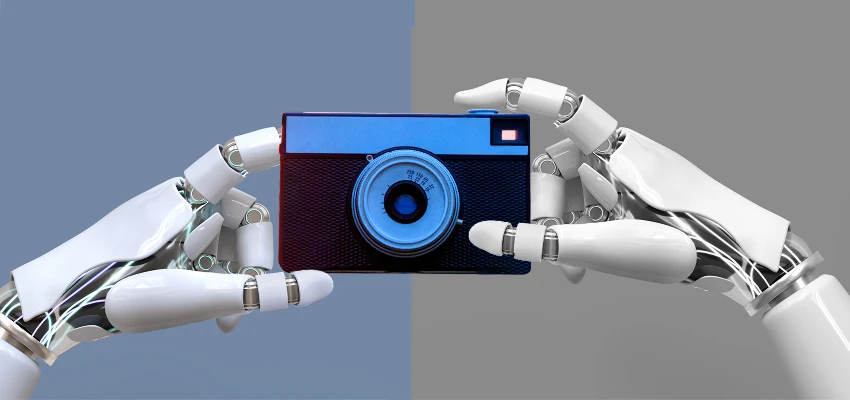In the realm of literature, sci-fi books captivate readers with their imaginative explorations of technology, society, and the future of humanity. They challenge our perceptions, provoking thoughts on artificial intelligence and the potential consequences of our actions. Not only do these captivating stories highlight important science fiction recommendations, but they also delve into critical themes such as censorship in books and the preservation of human essence against the backdrop of advancing technologies. As we navigate our reality filled with uncertainties, the best sci-fi novels serve as a mirror reflecting our fears and aspirations, offering us profound insights into what it means to be human. So whether you’re seeking thrilling adventures or philosophical quests, there’s a universe of extraordinary sci-fi literature waiting to be explored.
Exploring speculative narratives, science fiction novels invite us to envision alternate realities and futures shaped by groundbreaking technologies. These literary works often grapple with existential questions surrounding artificial consciousness and the fragility of our societal constructs. By pushing boundaries and challenging norms, titles from this genre underscore the pressing issues of surveillance, personal autonomy, and the trajectory of human progress. Stories that depict humanity’s struggles against oppressive regimes or technological advancements are not just tales of imagination; they resonate deeply in today’s landscape of discourse surrounding freedom, creativity, and the role of machines in our lives. Unveiling the multifaceted relationship between literature and the world, these narratives encourage us to reflect critically on our existence.
Exploring the Role of AI in Science Fiction
Science fiction has always served as a mirror reflecting our societal anxieties and aspirations, and the exploration of artificial intelligence (AI) is a recurring theme that resonates with contemporary readers. In works like Peter Watts’ ‘Blindsight’, AI is not just a futuristic concept but a critical commentary on our understanding of consciousness. The narrative challenges the notion of what it means to be sentient and reflects on how we define intelligence itself. As AI continues to permeate our daily lives—impacting everything from the way we communicate to the dynamics of the workforce—the discussion around its implications becomes increasingly crucial. Science fiction provides a safe space for engaging with these complex ideas, encouraging us to question the direction of technological advancement and the ethical frameworks surrounding it.
Similarly, Stanislaw Lem’s ‘Solaris’ delves into the uncharted territories of human interaction with AI and forms of intelligence beyond our comprehension. The haunting echoes of past relationships represent the limitations of human understanding, both of ourselves and the entities we seek to connect with. By probing the boundaries between human emotions and mechanical responses, these narratives underscore the profound impact AI has on our human experiences and relationships. Thus, science fiction not only entertains but also prompts us to confront uncomfortable truths about our future—an essential exploration in a world increasingly defined by artificial constructs.
The Impact of Censorship in Science Fiction
Censorship in literature remains a significant concern, particularly in the realm of science fiction where bold ideas often challenge societal norms. Han Song’s ‘Exorcism’, for example, symbolizes this struggle against suppression, illustrating how authoritarian measures can stifle creativity and critical thought. The novel’s portrayal of a universe on the verge of collapse serves as an allegory for the potential consequences of silencing dissenting voices. As the characters aboard the Peace Ark grapple with their suppressed realities, readers are prompted to reflect on how censorship distorts truth and inhibits human connection. By examining the underlying pressures of censorship, science fiction writers play a pivotal role in advocating for intellectual freedom and provoking critical discourse.
Ray Bradbury’s ‘Fahrenheit 451’ amplifies this discourse on censorship, depicting a dystopian society where the eradication of books signifies the systematic dismantling of knowledge and independent thought. Saviano’s insights into how modern distractions paralleled those in Bradbury’s world reveal a chilling consistency in the fight against information control. As the narrative unfolds, the danger of complacency in the face of censorship becomes evident, urging readers to remain vigilant against current trends that threaten intellectual freedom. Science fiction thus serves not only as entertainment but also as a cautionary tale, reminding us of our responsibilities in preserving diverse narratives and championing the complexities of human experience.
Best Sci-Fi Books that Reveal Humanity’s Essence
In a genre that frequently explores futuristic concepts and advanced technologies, the best sci-fi novels also serve as a powerful lens into what it means to be human. Works such as ‘A Rover’s Story’ by Jasmine Warga beautifully illustrate the emotional complexities of human-machine relationships. Through the eyes of Res, a Mars rover, the narrative beckons readers to contemplate the depth of human emotions and their implications in a world increasingly sympathetic toward artificial beings. Deschenes’ reflections on how these connections spark meaningful discussions about friendship and empathy emphasize the novel’s relevance in today’s technological landscape, where machines play an ever-growing role in our lives.
Moreover, the exploration of humanity’s essence in sci-fi literature extends beyond emotional connections to also encompass existential questions about our role in the universe. Titles like ‘Solaris’ prompt profound reflections on the nature of consciousness and our understanding of intelligence, showcasing how interactions with alien worlds can mirror our internal struggles. These narratives challenge us to consider our place in a larger cosmic context, often reflecting our fears and hopes about where humanity might head next. Thus, the intersection of AI, literature, and humanity forms a crucial focal point in the best sci-fi books, inviting us to explore our own identity through speculative storytelling.
Science Fiction Recommendations from Harvard Scholars
When seeking out science fiction that challenges conventional thinking or addresses pressing societal issues, recommendations from esteemed scholars can provide valuable insight. Harvard faculty and staff have curated a list of thought-provoking titles, each illuminating different aspects of AI, humanity, and censorship. For instance, Karen Brennan’s endorsement of ‘Blindsight’ offers a deep dive into the philosophy of consciousness, making it a must-read for those curious about the evolving relationship between humans and artificial beings. Such recommendations can guide readers to engage with narratives that not only entertain but also stimulate critical reflection on contemporary issues.
Similarly, Theo Anthony’s choice of ‘Solaris’ invites readers to consider the limits of human understanding when faced with unfathomable intelligence. This novel, along with others mentioned by Harvard scholars, unveils profound themes that resonate with our current zeitgeist, encouraging thoughtful discussions on the future of technology and its impact on human identity. As we explore these science fiction recommendations, we are reminded of the genre’s unparalleled ability to provoke conversation and foster a deeper appreciation for the complexities of our existence.
The Intersection of Technology and Human Experience
The rapid advancement of technology continues to reshape human experience in unprecedented ways, and science fiction is uniquely positioned to explore this intersection. Works like ‘A Rover’s Story’ highlight how even artificial entities can evoke deep emotional responses, prompting discussions about what it means to be human in an age of machines. As children and adults alike grapple with the implications of AI companions, the narrative illustrates the importance of emotional connections—between humans and machines, as well as amongst individuals. This thematic exploration encourages readers to reflect on the essence of relationships and companionship as we integrate more advanced technologies into our lives.
Moreover, the discussions surrounding AI in contemporary literature urge us to reconsider the boundaries of humanity. As seen in ‘Blindsight’, the narrative challenges conventional wisdom about consciousness, posing questions about what truly defines human intelligence in contrast to machine capabilities. This philosophical inquiry resonates deeply within current academic discourse, highlighting the necessity to confront these issues head-on as AI technology becomes increasingly prevalent. By navigating the intricate relationship between technology and human experience, science fiction not only entertains but also serves as a vital platform for contemplating our collective future.
Cultural Narratives and the Power of Choice
In the realm of science fiction, the narrative choices made by characters often reflect broader societal themes, particularly those related to autonomy and cultural identity. Han Song’s ‘Exorcism’ serves as a poignant exploration of how personal narratives shape our understanding of reality. Through its depiction of characters navigating a world governed by restrictive systems, the novel emphasizes the power of choice in the face of adversity. In doing so, it compels readers to consider the significance of forging one’s path, even amidst overwhelming societal pressures. This theme resonates deeply in today’s world, where individuals increasingly seek to reclaim their narratives against a backdrop of censorship and misinformation.
A similar thread can be found in ‘Fahrenheit 451’, where the struggle against censorship highlights the importance of intellectual freedom and the active choice to engage with complex ideas. As the characters in Bradbury’s dystopia confront a reality devoid of books, their journey illustrates the ramifications of passivity in the face of cultural erasure. This narrative serves as a call to action, urging readers to recognize the value of narrative choices in crafting a rich and diverse cultural tapestry. Thus, science fiction emerges not merely as speculative storytelling but as a vital exploration of the human condition and the narratives we choose to embrace.
AI and Literature: A New Frontier
The intersection between AI and literature is a burgeoning field that invites both excitement and apprehension. Science fiction has traditionally been a canvas for exploring the implications of technology, and as AI systems evolve, they compel writers to reassess the very nature of creativity and authorship. In narratives like ‘Blindsight’, the portrayal of AI challenges readers to contemplate not only the capabilities of machines but also their roles in the creative process. As literature increasingly intertwines with technology, the conversation around AI becomes essential to understanding how it shapes our cultural outputs and influences reader engagement.
In examining the implications of AI on literature, it is crucial to consider both the potentials and pitfalls. The literature surrounding these themes often reflects societal fears about losing the human touch in creativity and critical thinking. Works like ‘Fahrenheit 451’ remind us of the consequences of surrendering our intellectual freedom to technology-driven distractions. As we navigate this new frontier, it is essential to foster a dialogue around the ethical considerations of AI in literature, ensuring that we maintain a balance between technological advancement and the preservation of the rich tapestry of human storytelling.
Humanity Reflected in Sci-Fi Themes
At its core, science fiction often serves as a reflection of human nature and societal dynamics. The exploration of themes such as consciousness, identity, and moral choice allows readers to engage with fundamental questions about what it means to be human. In ‘Solaris’, for instance, the characters’ encounters with an alien intelligence force them to confront their own inner workings and perceptions of reality. This introspection resonates with readers, prompting them to reflect on their own identities in a world filled with uncertainty and complexity.
Additionally, the dialogues surrounding censorship and technology in novels like ‘Exorcism’ underscore the fragility of cultural narratives. By highlighting the struggles of individuals against oppressive systems, these works illuminate the resilience of the human spirit. The myriad of human experiences captured in science fiction ultimately invites readers to ponder their roles within society, encouraging them to engage with and challenge the narratives that shape their realities. In both subtle and overt ways, science fiction enriches our understanding of humanity by pushing the boundaries of conventional thought.
Understanding Humanity Through Futuristic Scenarios
Science fiction provides a unique lens for examining the complexities of humanity in the context of futuristic scenarios and technological advancement. Novels like ‘A Rover’s Story’ use relatable narratives to bridge the gap between human emotions and artificial intelligence, illustrating how technological companions might alter our understanding of relationships and identity. By portraying a rover that yearns to connect emotionally with humans, the narrative prompts readers to consider the evolving nature of friendship and empathy in an increasingly digital world.
This exploration of humanity extends to themes of existential significance, as seen in works like ‘Blindsight’ and ‘Solaris’. These novels challenge readers to grapple with profound questions about consciousness and the essence of identity, demonstrating that even in speculative landscapes, the quest for understanding what it means to be human remains at the forefront. Through these speculative journeys, science fiction inspires readers to reflect upon the implications of technology and its integration into the fabric of our lives, ultimately urging a deeper appreciation of our shared human condition.
Frequently Asked Questions
What are some science fiction recommendations that explore AI and literature?
For compelling science fiction recommendations that delve into AI and literature, consider titles like ‘Blindsight’ by Peter Watts, which challenges our perceptions of consciousness and intelligence. Another noteworthy mention is ‘Fahrenheit 451’ by Ray Bradbury, a profound tale about censorship that raises questions about the role of technology and information in society.
Which are the best sci-fi novels to read for insights on humanity?
Some of the best sci-fi novels that provide deep insights into humanity include ‘Solaris’ by Stanislaw Lem, which explores the limits of human understanding in the face of alien intelligence. Additionally, ‘A Rover’s Story’ by Jasmine Warga invites readers to reflect on the emotional connections between humans and AI, making it a delightful read for those interested in the human experience.
How does ‘Fahrenheit 451’ address censorship in books and its implications for society?
‘Fahrenheit 451’ by Ray Bradbury tackles the theme of censorship in books by depicting a society where books are banned, and critical thought is suppressed. The novel serves as a cautionary tale about the dangers of a culture driven by distraction, highlighting the need for vigilance in protecting intellectual freedom in the age of technology and AI.
Why should we read sci-fi books like ‘Blindsight’ and ‘Solaris’ regarding the ethics of AI?
Reading sci-fi books like ‘Blindsight’ and ‘Solaris’ offers essential perspectives on the ethics of AI. ‘Blindsight’ provokes thought on the nature of consciousness and what it means for AI to surpass human capabilities, while ‘Solaris’ emphasizes the limits of human understanding when faced with an incomprehensible intelligence, both of which challenge our assumptions about technology and morality.
What themes are explored in Han Song’s sci-fi novel ‘Exorcism’?
In Han Song’s ‘Exorcism’, themes of censorship, societal decay, and human resilience are prominently explored. The story portrays a universe in crisis, drawing parallels to contemporary issues of information control and the importance of questioning authority. This nuanced narrative reflects on personal and collective struggles amidst systemic challenges, making it a thought-provoking read in today’s context.
| Title | Author | Key Themes |
|---|---|---|
| Blindsight | Peter Watts | Explores the implications of artificial intelligence and consciousness, proposing that human consciousness may be an evolutionary glitch. |
| Solaris | Stanislaw Lem | Challenges the limits of understanding and humility in the face of the unknown through encounters with an alien intelligence. |
| A Rover’s Story | Jasmine Warga | Explores themes of emotional connection and humanity in an age of AI, emphasizing the importance of human relationships amidst technological advancements. |
| Exorcism | Han Song | Critiques censorship and explores themes of reality and cultural memory in a dystopian context, showcasing the struggles against authoritarian narratives. |
| Fahrenheit 451 | Ray Bradbury | A cautionary tale about censorship and the consequences of passive consumption of media, highlighting the importance of intellectual freedom in an age dominated by AI. |
Summary
Sci-fi books offer a profound exploration of futuristic themes, often reflecting on the complexities of technology and its impact on humanity. The recommendations from Harvard faculty not only highlight visionary narratives but also provoke critical thoughts about our relationship with artificial intelligence, censorship, and the essence of human experience. These engaging stories prompt readers to reflect on the implications of advancing technology, ensuring that the discourse around sci-fi remains as relevant as ever.










